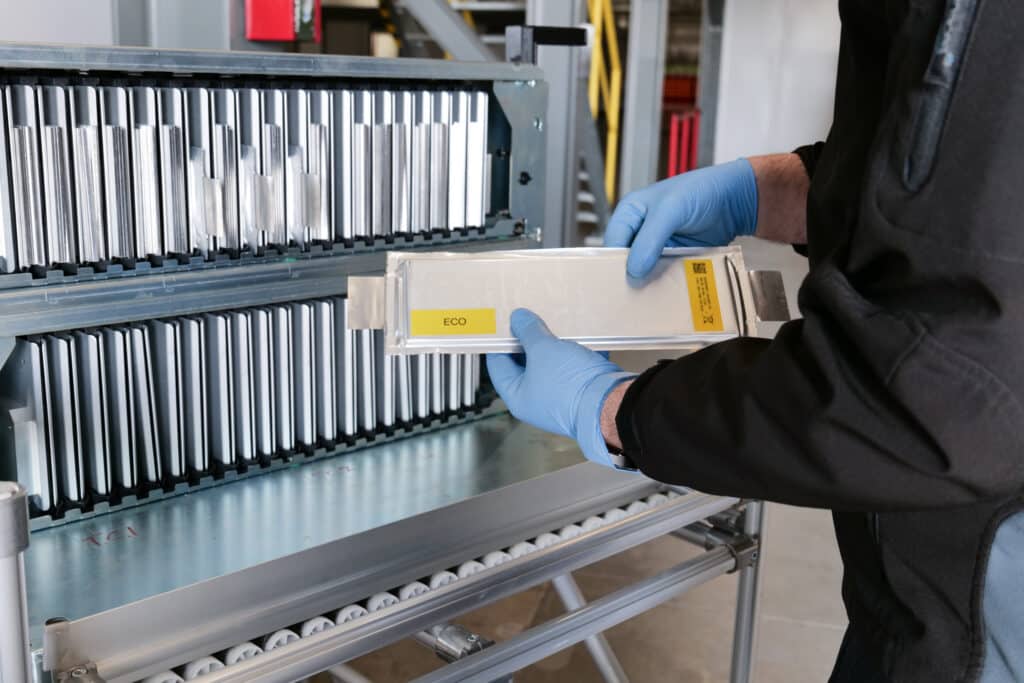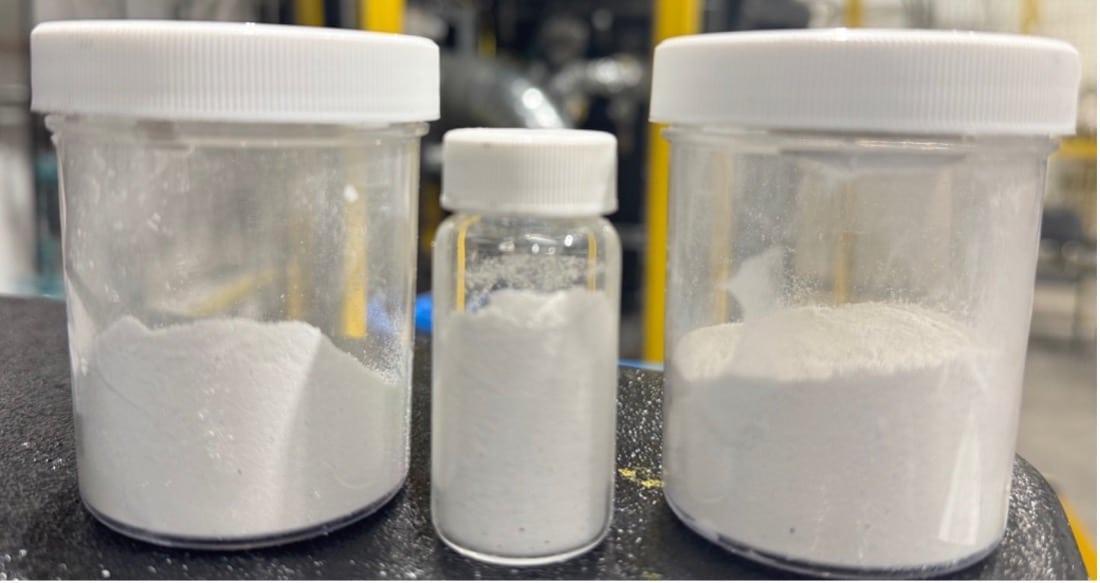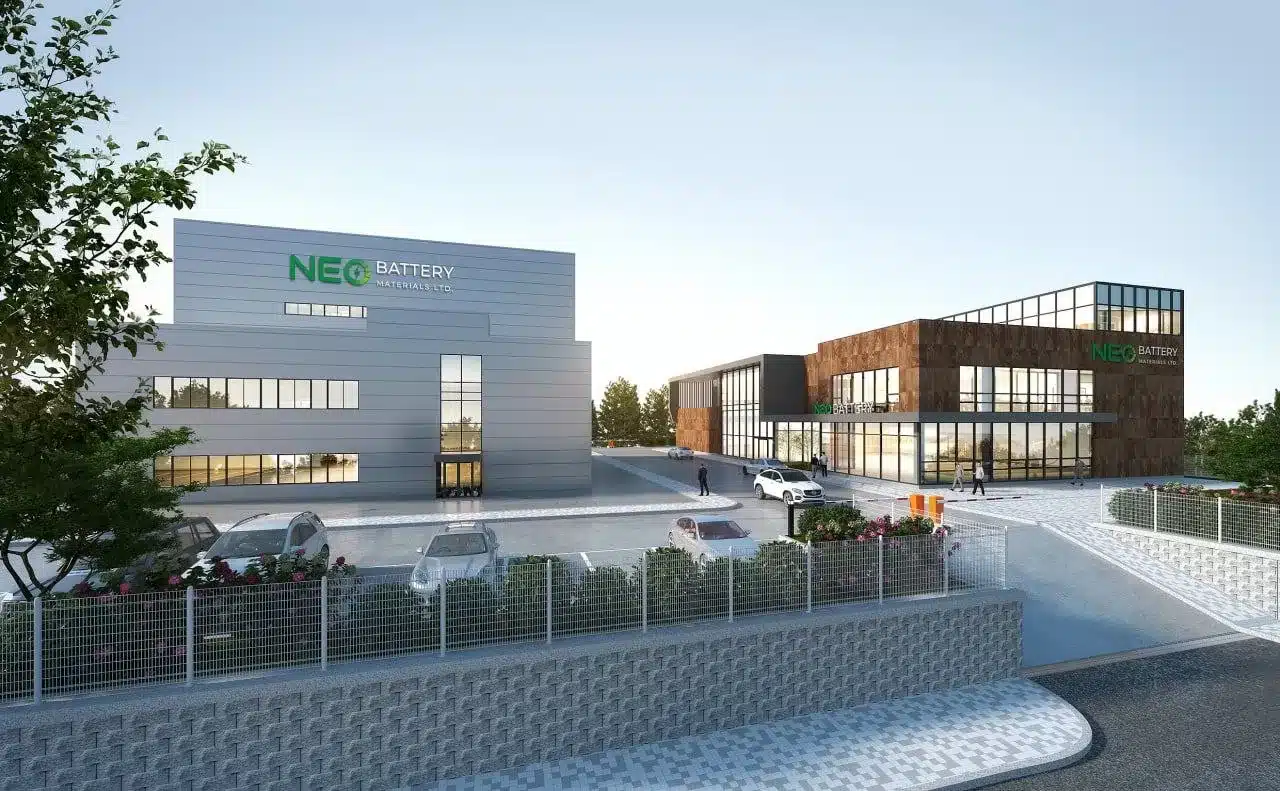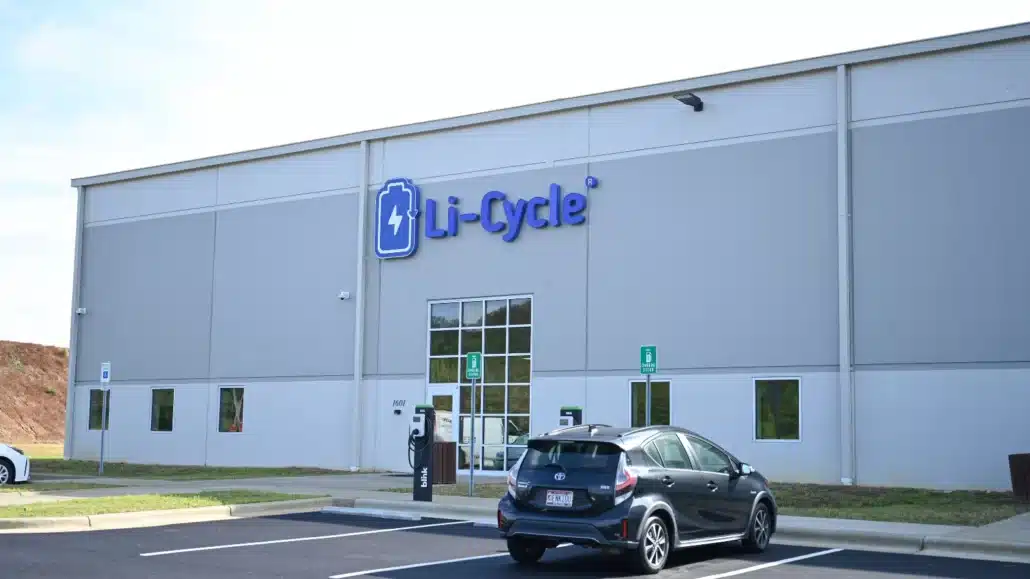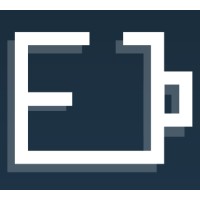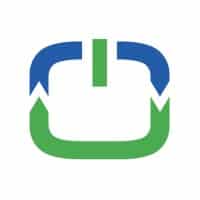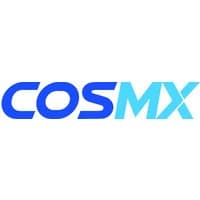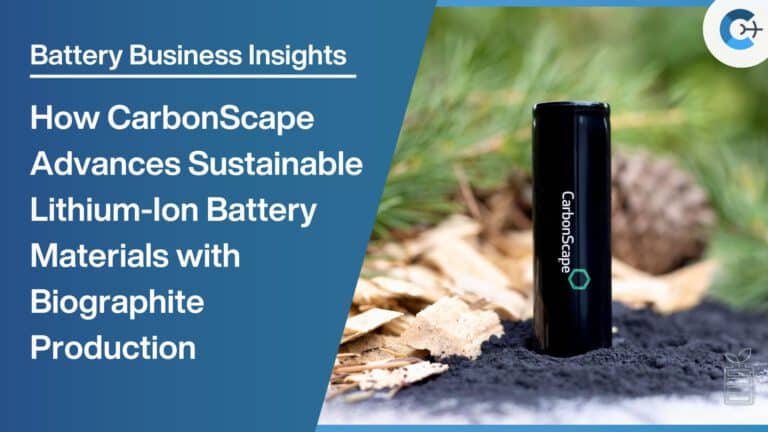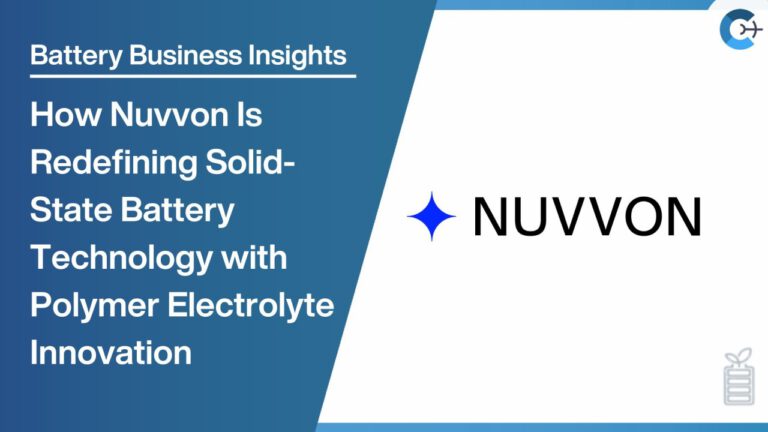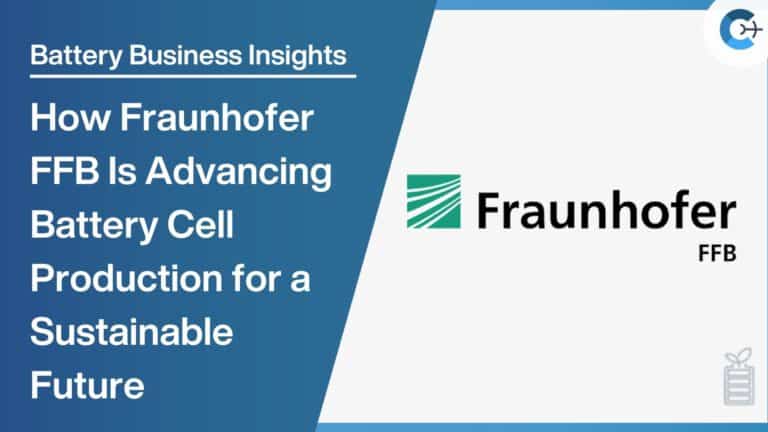Altilium, a UK-based clean technology company focused on advancing the transition to net zero, announced initial test results for the first industrial-scale assembly of electric vehicle (EV) battery cells using recycled materials at the UK Battery Industrialisation Centre (UKBIC).
The electrochemical testing of these cells demonstrated performance comparable to those made with conventional primary materials, highlighting the viability of recycled cathodes as an alternative to mined metals. Additionally, large-scale cell assembly trials indicated that Altilium’s EcoCathode™ material is manufacturable on par with commercially available materials, with no issues reported during the production process.
The pouch cells were produced at UKBIC’s facility in Coventry using Altilium’s recycled EcoCathode™ NMC 811-2036 CAM, sourced from the company’s recycling operations in Devon. Altilium’s proprietary EcoCathode™ process is capable of recovering over 95% of critical metals, including lithium, from end-of-life EV batteries. This process has been proven to produce cathode materials that maintain high manufacturing consistency and electrochemical performance while offering environmental benefits and reduced economic costs.
Initial electrochemical tests revealed that the EcoCathode materials had less than a 1% variation compared to a commercial benchmark across key performance metrics, demonstrating exceptional consistency in the recycled material. The cathode materials, essential components in lithium-ion batteries, were evaluated based on energy density, first cycle loss, and cycle life. Altilium’s EcoCathode performed favorably against commercial benchmarks in these areas, indicating its potential for high-performance battery applications.
Process testing at UKBIC confirmed that Altilium’s EcoCathode material could be processed under similar conditions to those used in commercial battery assembly, including mixing, coating formation, and initial testing.
Dr Christian Marston, Altilium co-founder and COO, commented: “These results mark a pivotal moment for battery circularity in the UK. For the first time, we’ve demonstrated that battery grade EV cells can be manufactured at scale using recycled materials – with no compromise on quality or manufacturability. Our EcoCathode™ technology offers a viable, low-carbon alternative to mined materials and is now proven to work in real-world battery production. This is a major step toward a domestic, sustainable battery supply chain.”
The battery cells will undergo further validation studies with a leading automotive OEM to support regulatory and sustainability goals. Altilium’s efforts align with the EU’s Battery Regulations, which mandate minimum levels of recycled lithium, nickel, and cobalt in new EV batteries starting in 2031, with increased requirements by 2036. Altilium’s cells are the first in the UK to comply with these regulations.
Altilium is expanding its sustainable battery material production with facilities in Plymouth and an upcoming scale-up plant in ACT 3, aimed at recovering critical battery minerals from 24,000 EVs annually. Previous analyses by Imperial College London have confirmed improvements in the purity, morphology, and electrochemical performance of Altilium’s recycled materials, supporting the development of a robust and sustainable EV battery supply chain in the UK.
Source: Altilium

